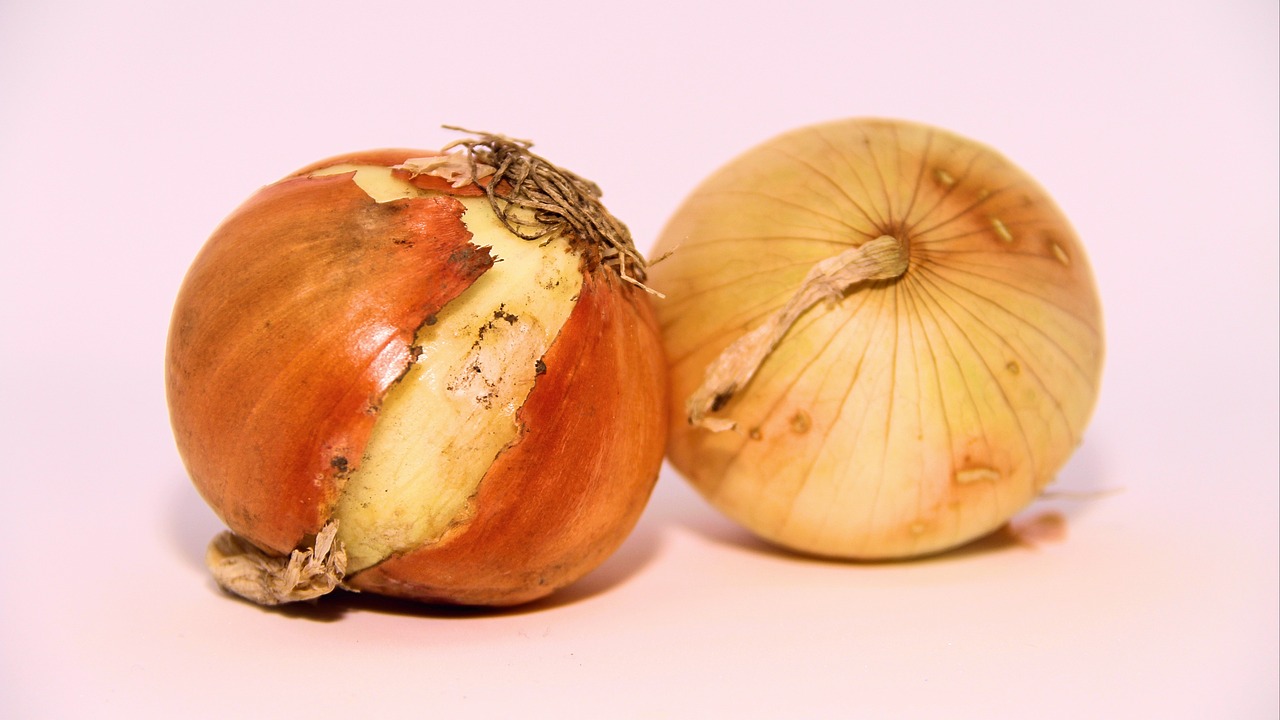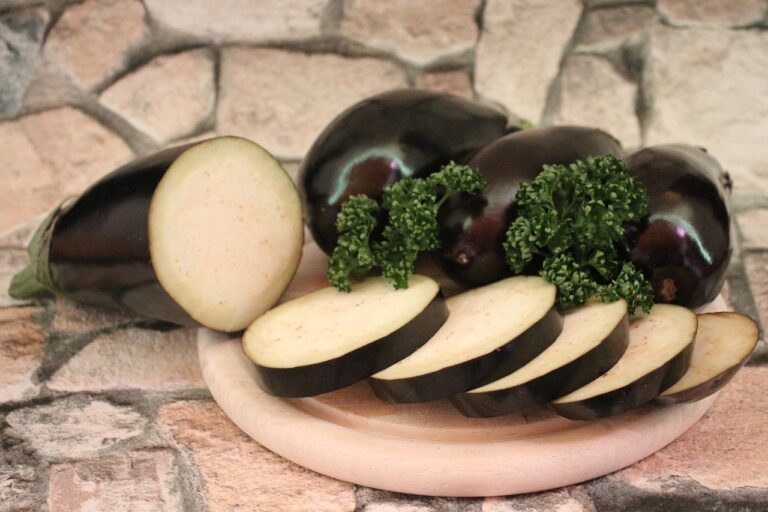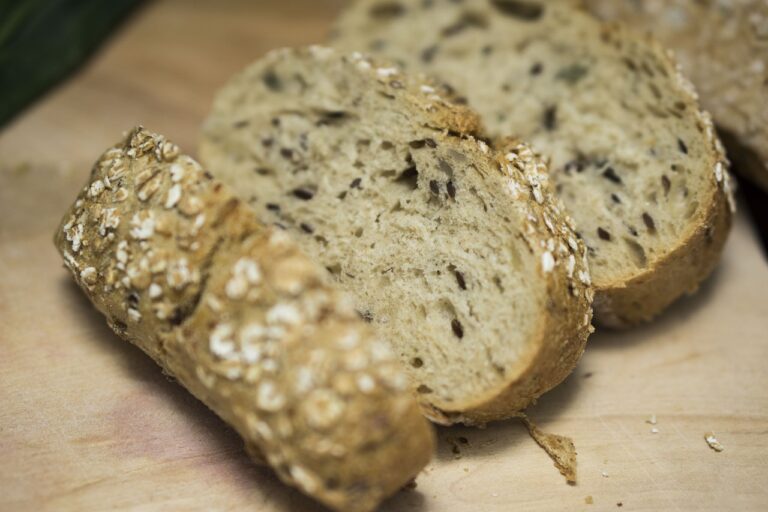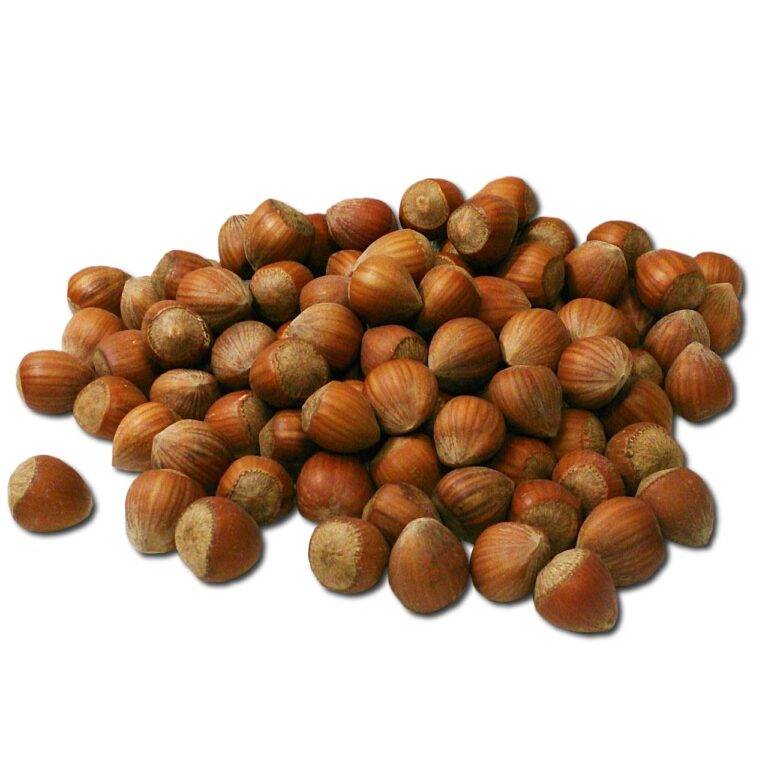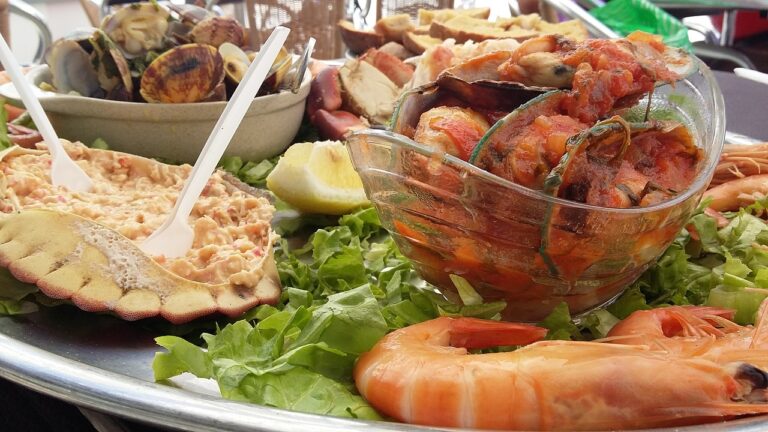Exploring the Link Between Personality Traits and Flavor Preferences
betbhai9.com whatsapp number, playexch app, lotus 365 login: Exploring the Link Between Personality Traits and Flavor Preferences
Have you ever noticed that some people seem to have a natural affinity for certain flavors while others can’t stand them? It turns out that our personality traits play a significant role in determining our flavor preferences. In this article, we’ll delve into the fascinating link between personality traits and flavor preferences and explore how our individual traits can shape the foods we love (or hate).
Understanding Personality Traits
Before we can dive into how personality traits influence flavor preferences, let’s first define what personality traits are. Personality traits are the characteristics that make up an individual’s unique personality. These traits can influence how we interact with the world around us, including our food choices.
There are many different theories of personality, but one of the most well-known is the Big Five personality traits: openness, conscientiousness, extraversion, agreeableness, and neuroticism. Each of these traits plays a role in shaping our preferences and behaviors, including what we choose to eat.
The Link Between Personality Traits and Flavor Preferences
Research has shown that certain personality traits are correlated with specific flavor preferences. For example, individuals high in openness tend to prefer more complex and exotic flavors, such as spicy foods or unusual combinations of ingredients. On the other hand, those high in conscientiousness may lean towards more straightforward, traditional flavors.
Extraverts, who are known for being outgoing and sociable, often have a preference for bold and intense flavors that provide sensory stimulation. Agreeable individuals, who are characterized by their empathy and cooperativeness, may gravitate towards comforting and familiar flavors that evoke positive emotions.
Neuroticism, which is associated with emotional instability and anxiety, may lead individuals to seek out soothing and calming flavors. For instance, someone high in neuroticism may find solace in sweet or creamy foods that provide a sense of comfort.
It’s important to note that these correlations are not absolute, and individual preferences can vary widely. However, understanding the link between personality traits and flavor preferences can provide valuable insights into why we are drawn to certain foods over others.
Practical Applications
So, what does all of this mean for our everyday lives? Understanding how our personality traits influence our flavor preferences can help us make more informed choices about the foods we eat. For example, if you know you are high in openness, you may be more willing to try new and exotic flavors to satisfy your adventurous palate.
On the other hand, if you are high in conscientiousness and prefer more traditional flavors, you can use this knowledge to create meal plans that align with your preferences. By tailoring your food choices to your personality traits, you can enhance your dining experience and ensure you are satisfied with your meals.
FAQs
Q: Can personality traits change our flavor preferences over time?
A: While personality traits are generally considered stable over the long term, our flavor preferences can evolve as we are exposed to new foods and experiences. Additionally, factors such as culture, upbringing, and social influences can also play a role in shaping our flavor preferences.
Q: Are there any specific foods that are linked to certain personality traits?
A: While there is no one-to-one correspondence between specific foods and personality traits, certain flavor profiles may be more appealing to individuals with certain traits. For example, spicy foods may be favored by individuals high in openness, while comfort foods like mac and cheese may be preferred by those high in agreeableness.
Q: How can I use this information to improve my cooking and meal planning?
A: By understanding how your personality traits influence your flavor preferences, you can experiment with new ingredients and recipes that align with your unique tastes. You may also consider seeking out restaurants or cuisines that cater to your preferred flavors to enhance your dining experience.
In conclusion, our personality traits play a significant role in shaping our flavor preferences. By understanding how our individual traits influence the foods we love, we can make more informed choices about what we eat and enhance our dining experiences. So, next time you sit down for a meal, consider how your personality may be influencing your flavor preferences and explore new culinary adventures that cater to your unique tastes.

